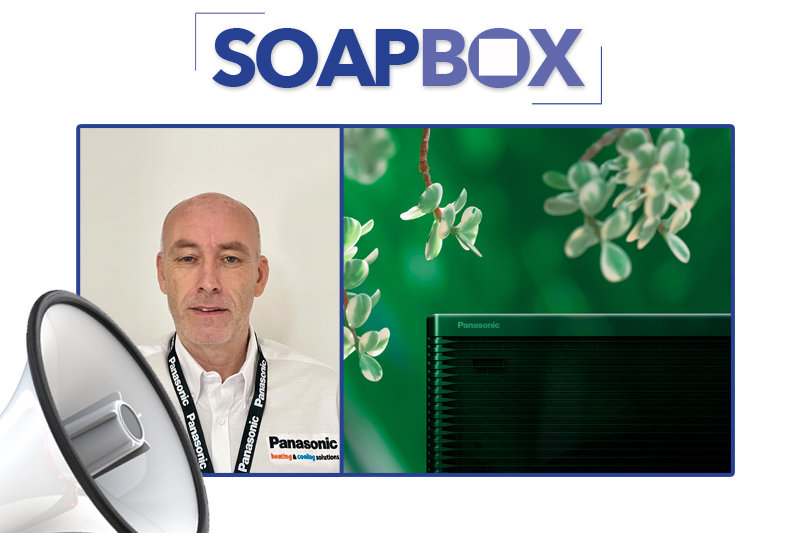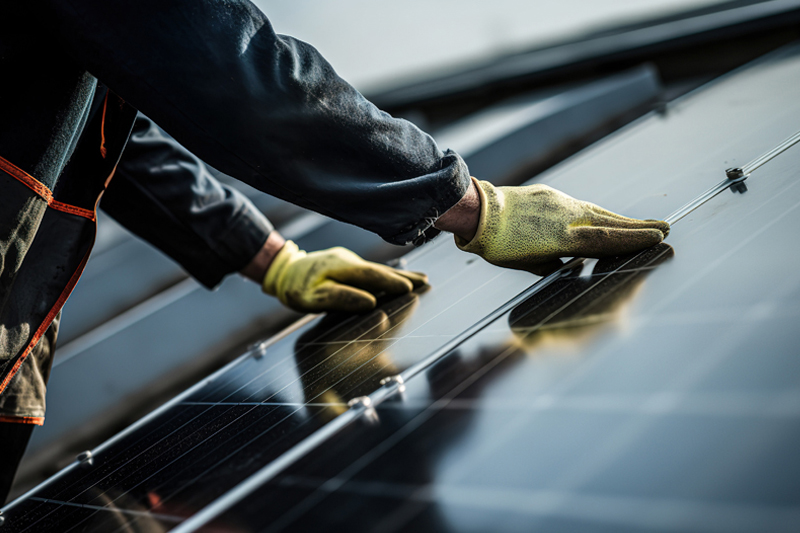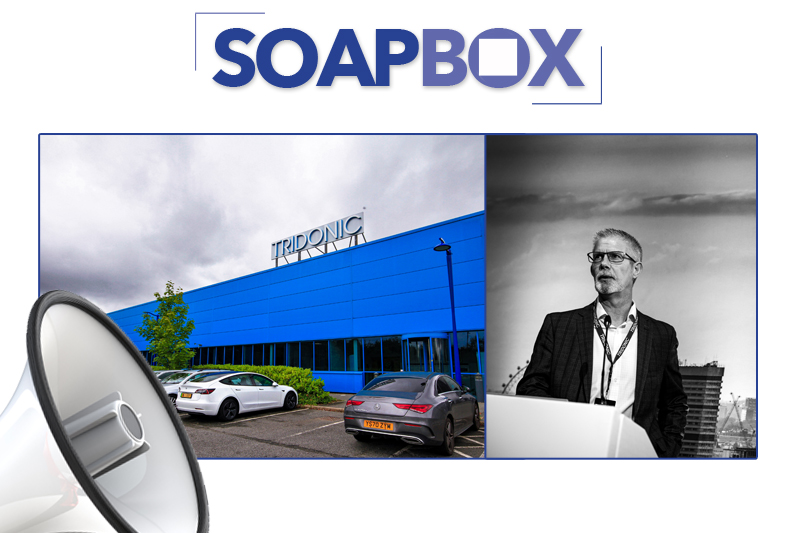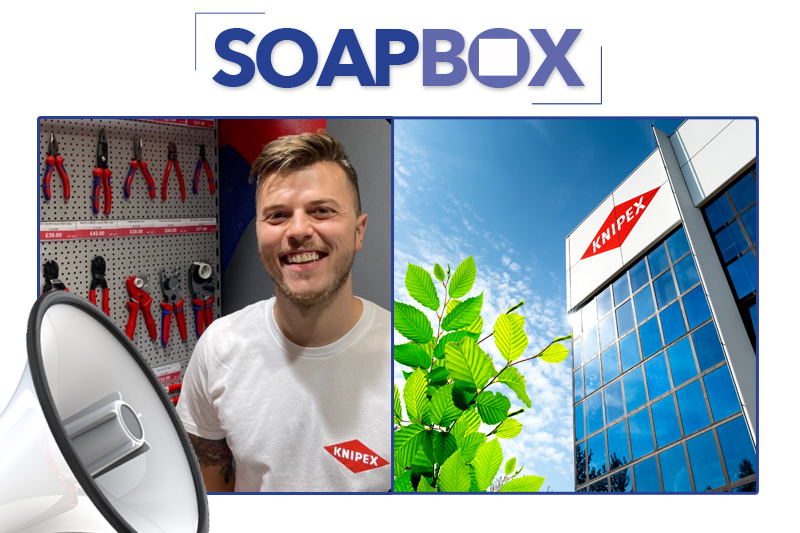With the ever-evolving building sustainability requirements and overarching environmental approaches in the HVAC industry, it is vital to consider different solutions to reduce carbon emissions. Chris Gibson, Specification Team Manager for HVAC UK at Panasonic Heating & Cooling Solutions, explains how large corporations have a crucial role to play in achieving the Net Zero targets by 2050 set by the Paris Agreement. Chris emphasises that adopting more sustainable working practices is not just a priority but a responsibility that these corporations must shoulder.
As a large corporation, it is our job to inspire the rest to follow suit and incorporate best practices for prioritising sustainability in the workplace. It is more than taking simple environmental measures; it is a collective and collaborative approach to reducing emissions through entire working practices within a company. Panasonic is doing this through a variety of actions, innovative products and collaborations such as their hydrogen fuel cells, the implementation of them into their product range, and its overall GREEN IMPACT plan.
Working in collaboration
Panasonic places a high value on strategic collaborations to incorporate sustainability practices into its product range. By working together with partners across industry sectors, the company is able to produce and implement sustainable solutions in the HVAC industry, ensuring a collective progression towards a greener and more sustainable future.
Sustainable innovations
Renewable products are vital in sustainable solutions within residential and non-residential spaces. Panasonic has spent the past 20 years researching and developing new renewable technologies to find innovative solutions and, as a result, the company has succeeded as one of the Top 21 global innovators for HVAC production. Being amongst the most patent holders in the world, the high quality, sustainable production demonstrates its active R&D team.
One of Panasonic’s latest innovations is heat pumps that utilise R290 refrigerant, which offers a low global warming potential (GWP) of 3 and provides a more sustainable solution for the heat pump market. This year, Panasonic launched its new M Series T-CAP range of hydronic solutions with R290, offering a more comprehensive range of heat pump capacities: 9, 12, 16, 20, 25, and 30kW, with the option of 300kW when operated in a cascade configuration. This new series is ideal for installation in individual domestic homes, multi-family residences, or light commercial spaces, delivering sustainable heating, cooling, and domestic hot water solutions at high temperatures. These latest hydronic solutions show impressive Seasonal Coefficient of Performance (SCOP), Seasonal Energy Efficiency Ratio (SEER), and DHW COP figures, have flow temperatures of up to 75°C, and feature top-class ErP ratings for heating.
Training
Ultimately, the education of sustainable solutions and their implementations is crucial for the HVAC sector’s collective progression towards more sustainable practices. Panasonic’s fully kitted out training centres across the UK, including a mobile unit, and its collaboration with several training partners and providers, underscore the company’s commitment to upskilling current and future generations in the industry.
The future and hydrogen fuel cell technology
Hydrogen fuel cell technology provides an innovative method for generating heat and electricity, showing another way that air source technology can be used. Analysts predict that clean hydrogen could meet 24% of global energy demand by 2050, with annual sales in the range of €630 billion, though achieving this requires significant effort from all areas to meet these ambitious targets. Panasonic was one of the first companies to release a commercially viable pure hydrogen fuel cell system in 2009, and is now developing larger units for commercial applications, advancing towards its 2050 targets.
At Panasonic, decarbonising society is crucial, supporting both environmental goals and people’s wellbeing. Panasonic set a standard with the world’s first RE100 factory using full-scale hydrogen at its H2 KIBOU factory in Japan. Since then, Panasonic has added two more hydrogen powered factories and plans a third in the UK later this year.
Further details are available here
Find more ‘Soapbox’ articles here





